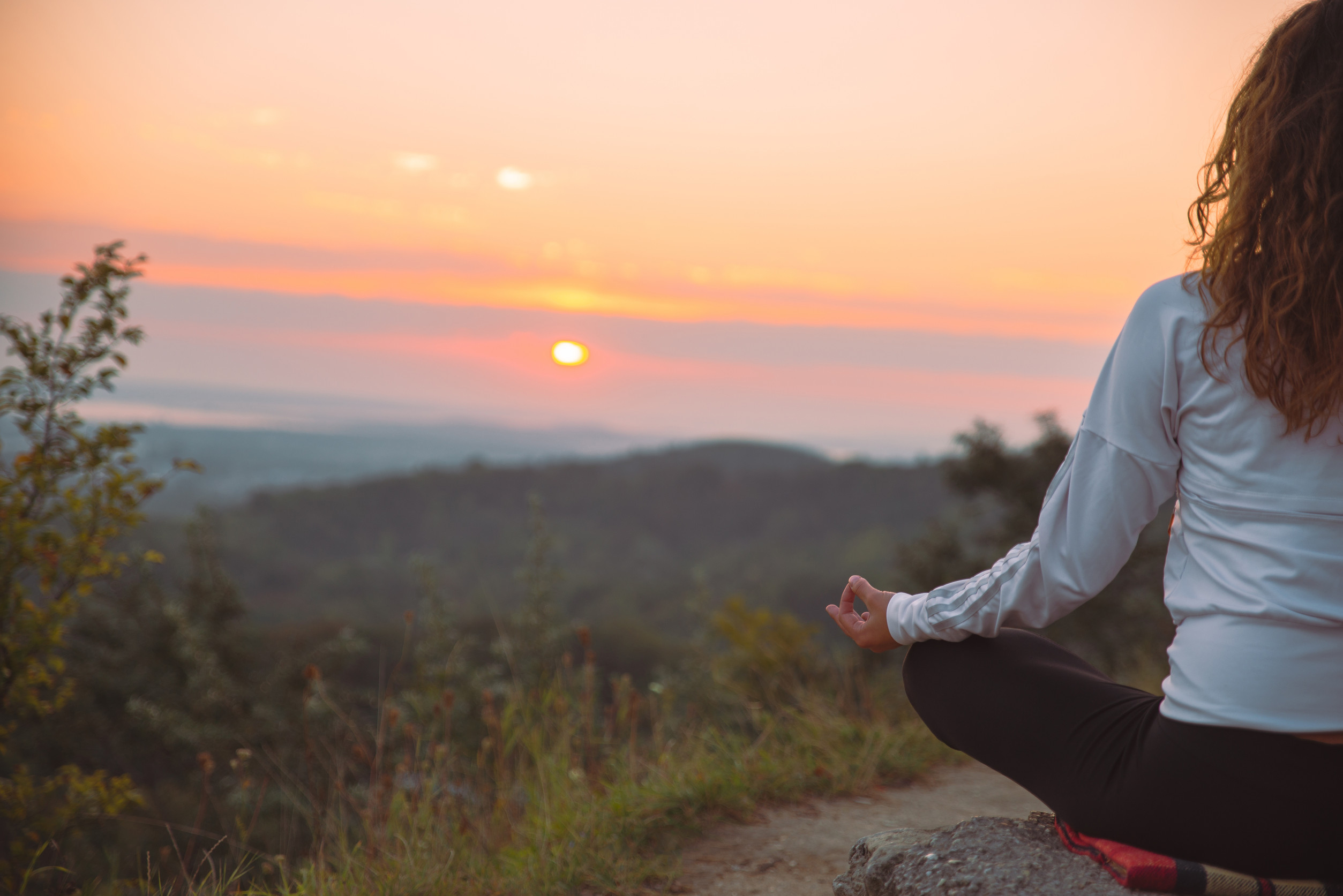BY THE OPTIMIST DAILY EDITORIAL TEAM
In a world increasingly defined by unpredictability, many of us would rather accept a negative outcome than face the fear of the unknown. A 2006 study published in The Quarterly Journal of Economics revealed that most people would choose a guaranteed but less favorable result over a riskier, uncertain option. This tendency to avoid uncertainty is not just a quirk of modern society—it’s deeply rooted in our evolutionary history.
“As hominids leaving Africa and going through the mountains of Eurasia, these were very dangerous terrains, and if they didn’t know what they were going to encounter, they could die,” explained Dr. Michael Halassa, an associate professor of brain and cognitive sciences at the Massachusetts Institute of Technology. “It makes perfect sense to be averse to uncertainty.”
Today, however, the threats behind our uncertainties have evolved. Climate change, the ongoing impact of the COVID-19 pandemic and possibilities of a future pandemic, and political upheaval pose new risks. Yet, our bodies respond to these modern uncertainties with the same biological stress responses our ancestors experienced when facing physical dangers.
The hidden costs of prolonged stress
When we perceive a threat—real or anticipated—our bodies release cortisol, the stress hormone, to prepare for action. Dr. Aoife O’Donovan, who studies stress and health at the University of California, San Francisco, explained, “One of the most exciting things about humans is that we can mount this response not only when we confront a real threat but when we anticipate a threat.”
The problem arises when this stress response becomes prolonged. “When these stress exposures are repeated or prolonged, they produce toxicity in the body’s cells and tissues,” O’Donovan noted. Chronic stress has been linked to autoimmune conditions, cardiovascular disorders, and psychological issues like anxiety and depression.
Why perception matters in facing uncertainty
Interestingly, how we perceive uncertainty can significantly influence how it affects us physically and mentally. In a 2012 study by O’Donovan, new mothers who were chronically stressed were given a task they perceived to be highly stressful. The study found that women who anticipated greater stress had a higher biological age than those who did not, regardless of the actual stressor.
Building resilience in uncertain times
While our biological responses to uncertainty are unavoidable, there are ways to manage them constructively. According to Dr. Halassa, fostering a tolerance for uncertainty might be key. “One of the things I feel is important to influence mental health positively is for people to try to stay away from forming very strong conclusions about the world,” he suggested.
Practices like mindfulness and meditation have also been shown to help. By training the mind to observe thoughts without judgment, these practices create mental space that allows us to reinterpret uncertain situations less fearfully.
Additionally, physical exercise can play a crucial role in enhancing resilience. Exercise has been proven to decrease the body’s stress response and support neurogenesis, effectively strengthening the brain’s capacity to deal with uncertainty.
Hope as an antidote to despair
In uncertain times, maintaining hope is more than just a feel-good mantra—it’s a practical strategy for resilience. Donnovan Somera Yisrael, a senior health educator at Stanford Vaden Health Services, emphasized the importance of cultivating hope. “We have to practice filling our bucket of hope because if it gets too low, we are going to head toward despair,” Yisrael explained.
Embracing uncertainty as a path forward
Ultimately, our ancestors’ ability to navigate the unknown was key to our survival. Today, the threats may look different, but the challenge remains the same: balancing the need for safety with the courage to face what we cannot predict.
As Dr. O’Donovan wisely noted, “Stressors are ubiquitous in our lives, and building our resilience to stressors is always going to be advantageous. Getting through uncertain times could leave us stronger.”











